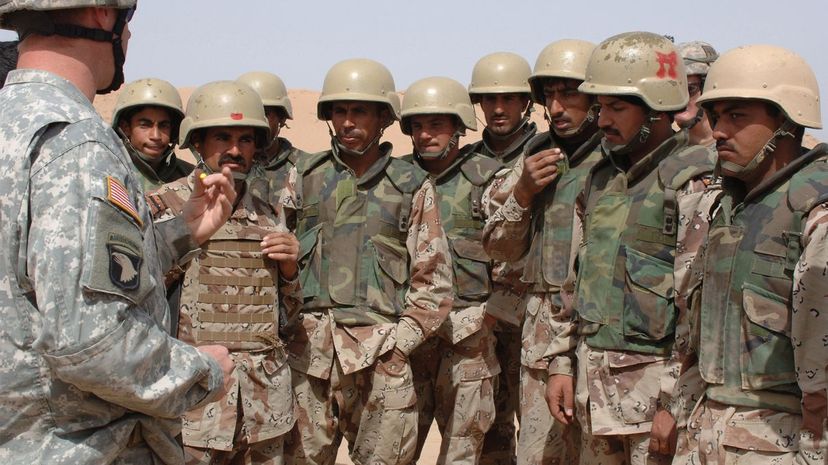
About This Quiz
It's hard to believe that wars, rebellions and revolutions that mean life or death for one generation can be largely forgotten half a century later. Even major conflicts that took millions of lives and changed borders, cultures and traditions may quickly become nothing more than an unfamiliar phrase in the history books. Even worse, there are wars and conflicts taking place on this very day somewhere in the world, and a shocking number of people either know nothing about them or know nothing more than a few key facts from the evening news. Yes, you've heard of Darfur, Kashmir and other war-torn places, but could you point out these spots on a map, or even match them to the correct country?Â
What about the wars of the past, where the bodies have been buried, the dust has settled and the victors have written their stories? You may know that Paul Revere took a midnight ride, but do you know the foreign power he was warning his neighbors about? Can you remember where the disastrous Bay of Pigs Invasion took place during the Kennedy Administration, which country was invaded during the Gulf War or who fought the UK for control of the Falkland Islands in the '80s? You might not remember all the details of these conflicts, but can you match each to the correct country? Prove it with this quiz.

The Hundred Years War endured from 1337 and 1453 as the British and the French fought over who should rule France. Joan of Arc's appearance at the 1429 Siege of New Orleans helped rally the French for a period, giving them a symbol of hope. While Joan was captured and put to death by the British in 1431, France ultimately maintained its own monarchy separate from that of its rival.

A coalition led by the United States launched an attack on Iraq in 1991 after Iraq invaded the nearby country of Kuwait. Thanks to Operation Desert Storm and Desert Shield, which are often referred to as The Gulf War, Iraqi forces were sent packing and Kuwait's monarchy was restored to rule the country.
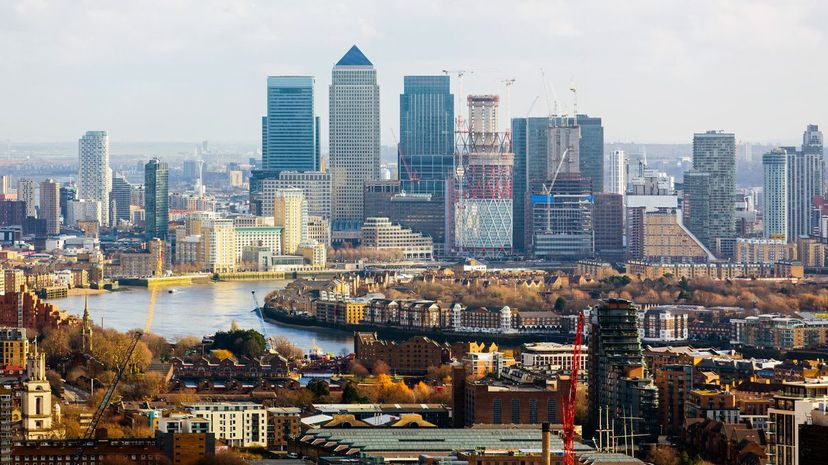
From the first shots of the war at Lexington and Concord to the final deaths at the Battle of Yorktown, the American Revolution was an 18th-century conflict in which 13 colonies fought for independence from Great Britain. The colonies ultimately won, with a little help from France, and went on to become the United States of America.
Advertisement

The communist ideals of the Soviet Union were in pretty much constant conflict with ideals in the west, resulting in tension between the USSR and U.S. that lasted from the '40s all the way through the '90s. It was called a Cold War because no actual direct fighting took place, though each side took part in proxy wars by funding other conflicts, and threats of nuclear action were a constant fear on both sides.

Spain lost control of many of its territories in the Spanish-American War, including Cuba. The resulting reorganization and confusion in some parts of the Caribbean put some American business interests in the area at risk. As a result, the U.S. sent the Marines in to countries like Honduras, Colombia, Panama and others to protect banana plantations and other commercial sites. The controversial Banana Wars lasted all the way through the 1930s.

The newly established United States needed a way to pay its bills in 1791, so the federal government instituted a tax on whiskey. It was less than popular with citizens, so much so that some were violently assaulting tax collectors and their families. The conflict erupted into a Whiskey Rebellion, which lasted all the way through 1794, when George Washington himself led troops to the battlefield to finally end the violence.
Advertisement
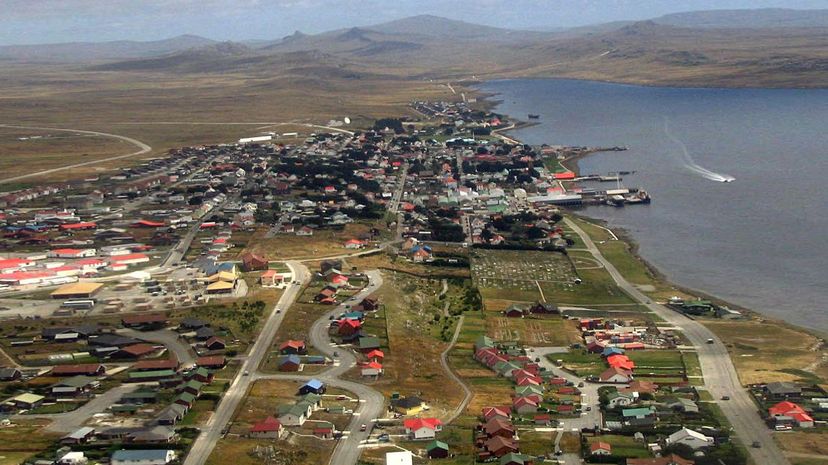
The Falklands War began in April 1982, when Argentinian forces invaded the Falkland Islands, which were British territories at the time. After several month of fighting, Argentina surrendered and the UK kept control of the Falklands and a series of other islands in the South Atlantic.
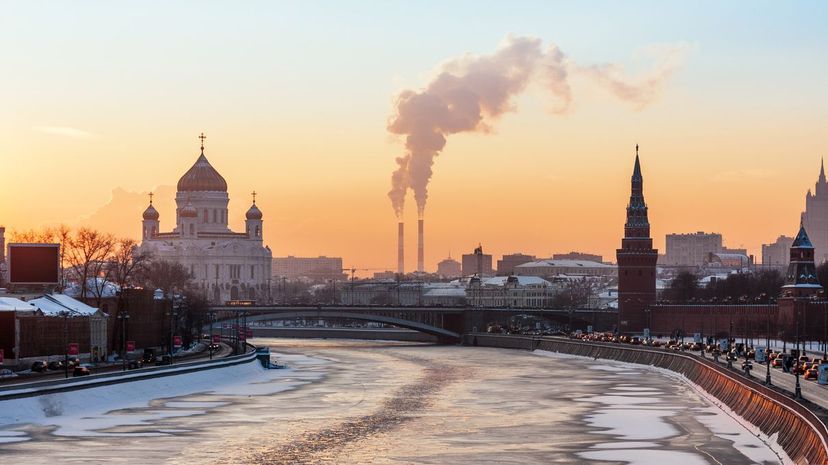
The October Revolution swept the city of Petrograd, Russia, now called St. Petersburg, beginning on Nov. 7, 1917. Sometimes known as Red October or the Bolshevik Revolution, this event resulted in Lenin and the Bolsheviks taking control of Russia, leading to the bloody Russian Civil War.
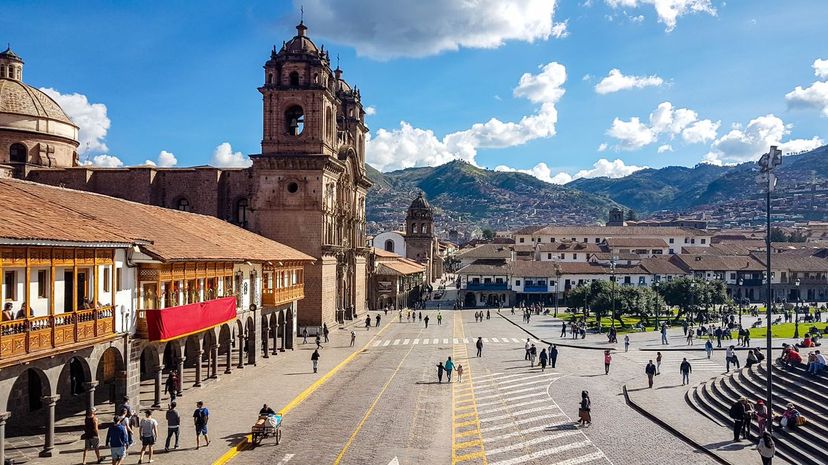
Ecuador and Peru fought a war in the early 20th century that ended in a 1941 treaty. When Ecuador decided they didn't like some of the terms of the treaty, it launched the Cenepa War against Peru in January 1995. While both sides claimed victory the next month, the conflict didn't really result in significant long-term changes.
Advertisement

Fought between 1702 and 1703, Queen Anne's War was a conflict between two familiar enemies ... France and Great Britain. Also known as the second French and Indian War, it was a huge victory for the British, giving them control of most of France's North American territories, including the Hudson Bay, the southeast of what is now the U.S., and much of eastern Canada.
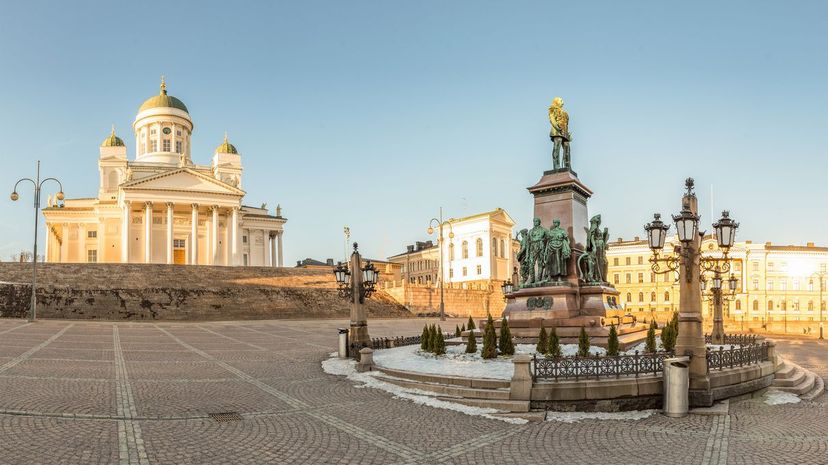
Concerned about the proximity of the city of Leningrad to the Finnish border, Russia invaded Finland in November 1939. While the aggression got Russia kicked out of the League of Nations, by the time the two nations signed a treaty in March 1940, Finland had given up huge swaths of territory to its opponent.
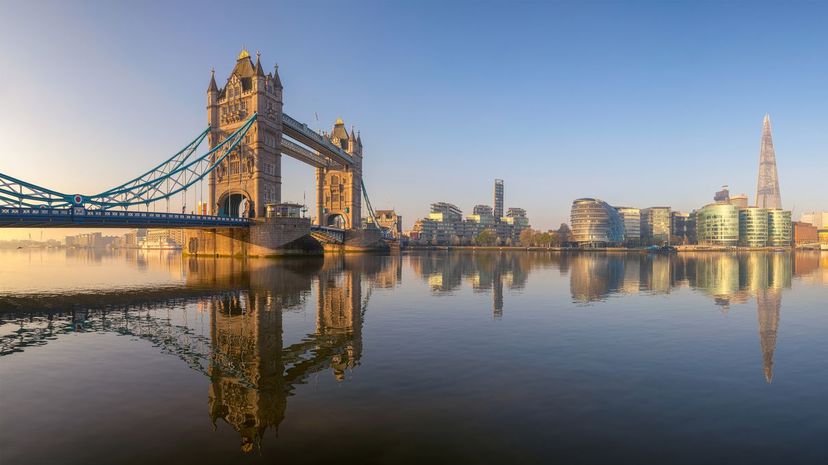
In the early 19th century, Great Britain was really interfering with U.S. trade and travel at sea, even going so far as to force U.S. ships and seamen into the British Navy. The resulting War of 1812 between the two nations was a victory for the U.S., and one battle in Baltimore inspired Francis Scott Key to write "The Star-Spangled Banner."
Advertisement
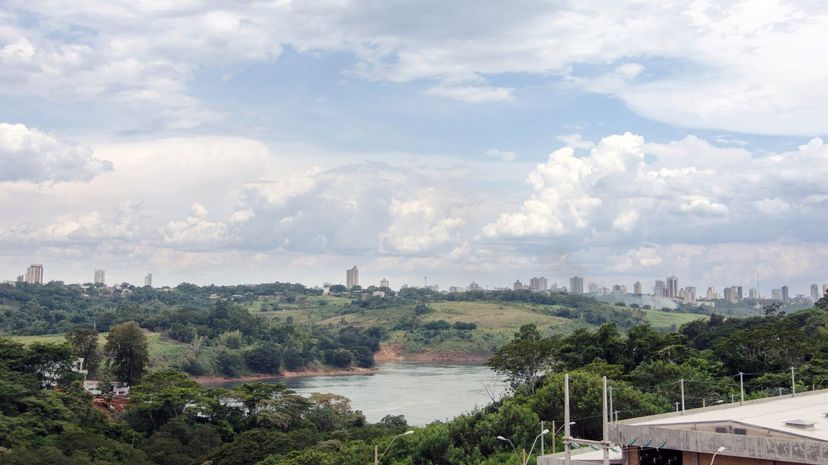
A coup in Uruguay in the 1860s led to the War of the Triple Alliance, which lasted from 1864 to 1870. Ultimately, Paraguay lost nearly half its adult population fighting against the combined forces of Argentina, Brazil and Uruguay in this conflict which is sometimes called the Paraguayan War.
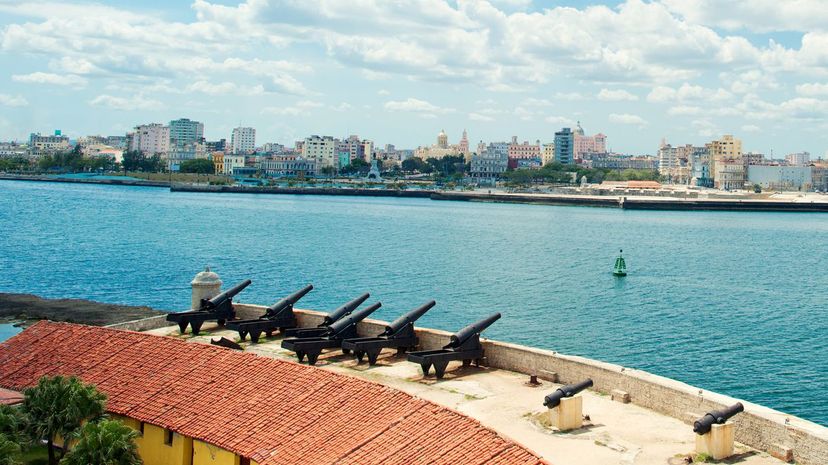
The 1898 Spanish-American War did not go well for Spain. By the signing of the Treaty of Paris at the end of the year, Spain had lost most of its colonies, including Cuba, Puerto Rico, Guam and the Philippines.
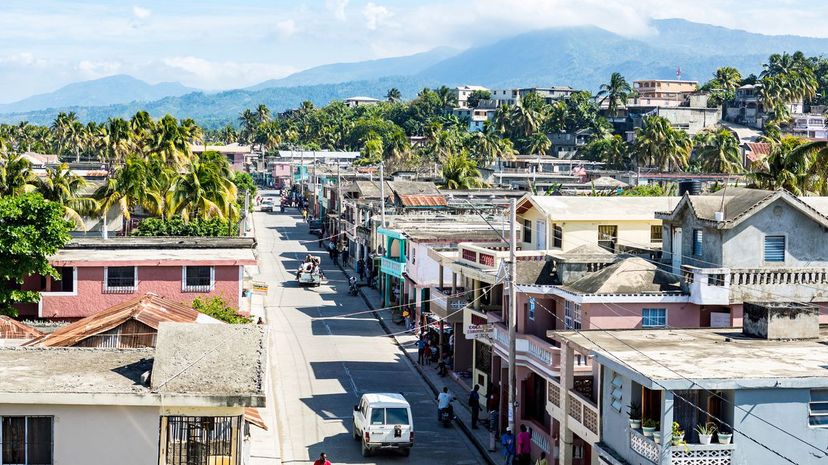
Haiti was a French colony known as Saint-Domingue in 1799 when it erupted into a civil war that was later called the War of Knives. The north, led by former slave Toussaint Louverture and backed by the U.S., defeated southern Haitian forces and the war ended by the next year.
Advertisement

The Seven Years' War, or French and Indian War, was a conflict between Great Britain and France over North American territories. By the signing of the 1763 Treaty of Paris, France had lost all territory east of the Mississippi to its rival, according to the U.S. Department of State.
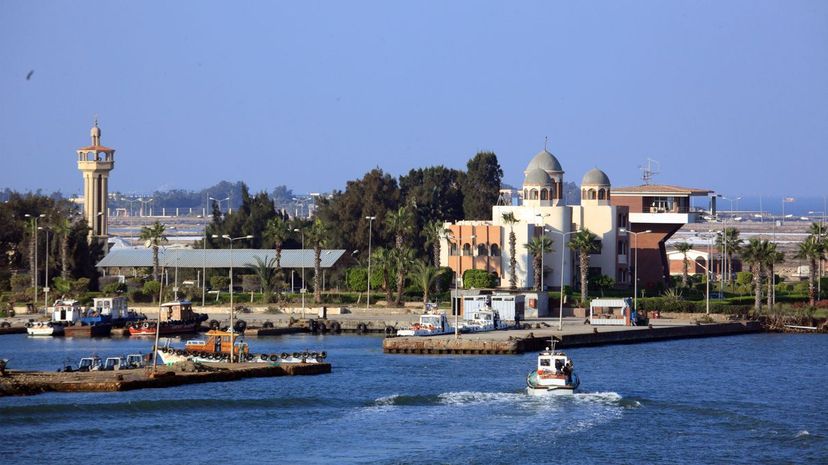
Opened in 1869, the Suez Canal connects the Red and Mediterranean seas. When the Egyptian government attempted to take control of the canal in July 1956, it faced conflict with Israel, France and Great Britain, as well as a threat of sanctions from the U.S. By March of 1957, the conflict had ended and all forces were withdrawn from the area around the canal.
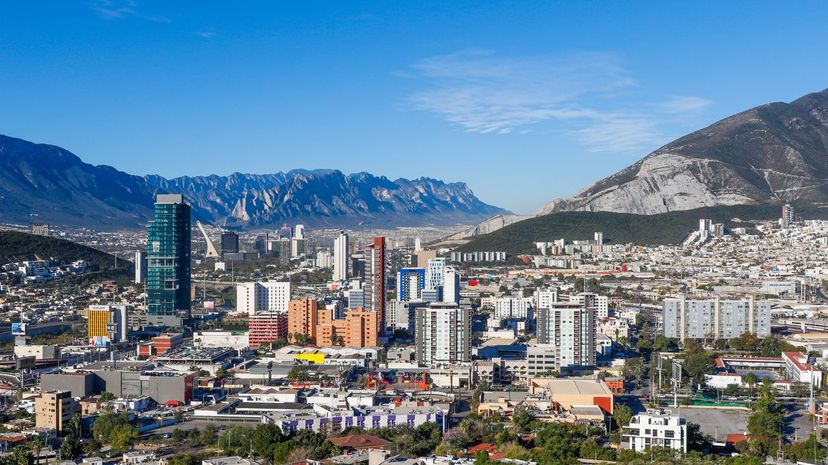
Eager to expand its territory, the U.S. declared war on Mexico on May 13, 1846. By the time this conflict ended via the Treaty of Guadalupe Hidalgo on May 26, 1848, Mexico had ceded control of huge swaths of land in what is now Texas and the southwest.
Advertisement
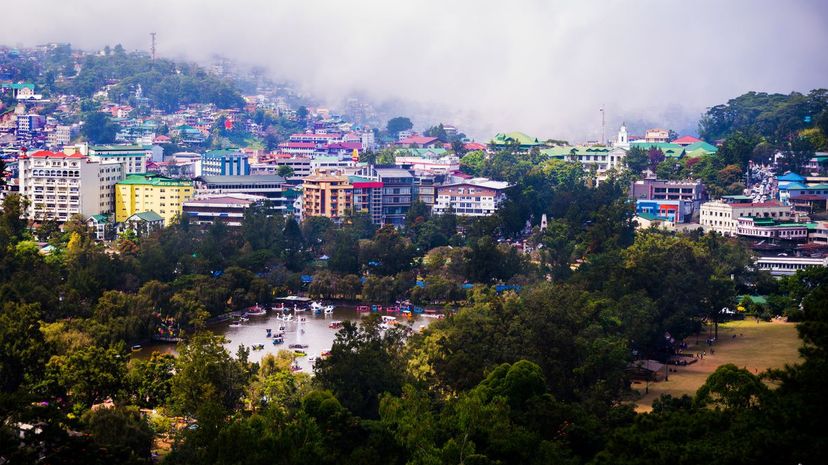
Japan occupied the Philippines throughout much of WWII. During that time, Philippine guerrilla fighters known as the Hukbalahaps, or the People's Army Against the Japanese, began a resistance movement against the Japanese. Eventually quashed by the government, the Huk Rebellion did little to cure poverty and inequality in the Philippines at the time.
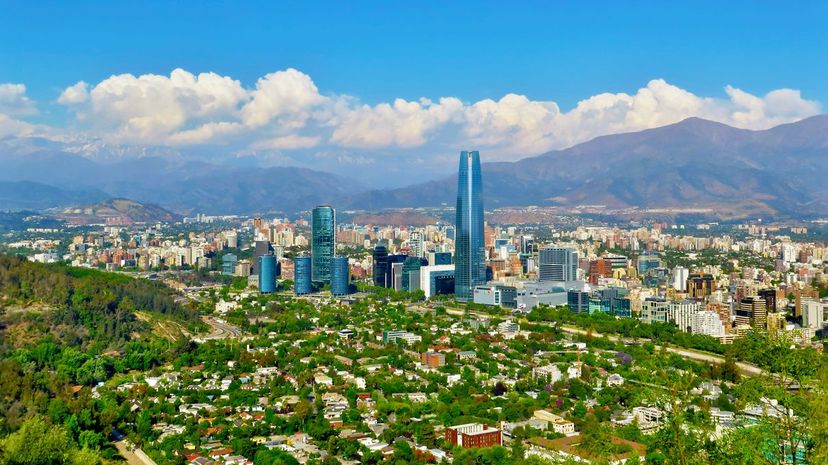
The Atacama Desert in South America is rich in sodium nitrate, which was once known as saltpeter. Until synthetic saltpeter was developed in the 1940s, this land was also hugely valuable for mining. A terrain dispute in this region erupted into the War of the Pacific in 1879, with Bolivia and Peru facing off against Chile over mineral rights. Chile ultimately won the war, which ended in 1884 ... and became a moot point in the 1940s when all those worthless saltpeter mines were abandoned.
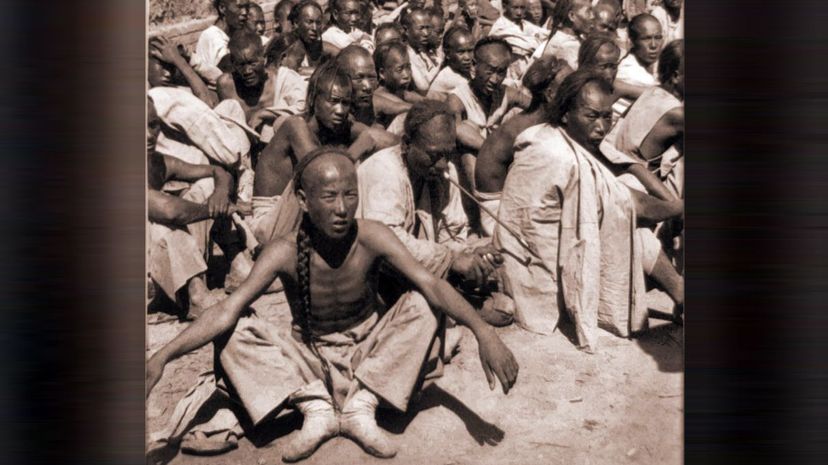
Nicknamed the Boxers because of their martial arts background, the Militia United in Righteousness struck out against foreigners and Christians in China beginning in 1899. Thousands were killed and huge amounts of foreign-owned property was damaged or destroyed before the rebellion ended in 1901. China ultimately paid more than $300 million in reparations to those harmed in the conflict, according to the History Channel.
Advertisement
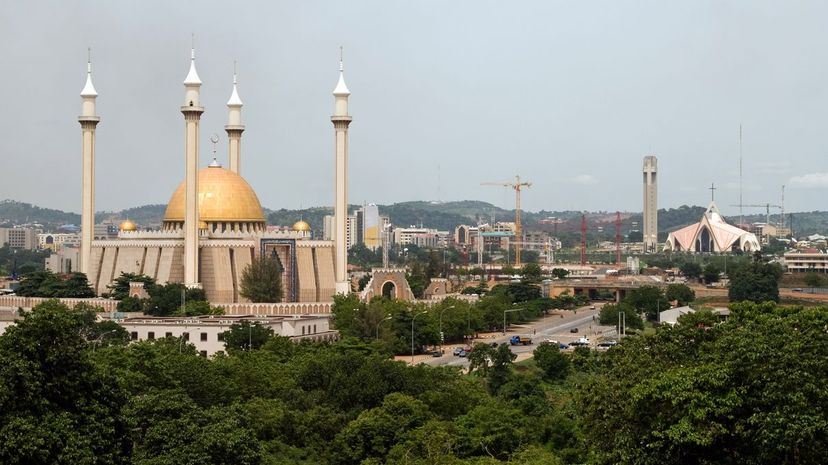
An insurgency group called Boko Haram formed in 2002. As part of its effort to bring Sharia Law to Nigeria, members kidnapped more than 250 girls from a boarding school in 2014, making headlines around the world. While some of the lost girls were later found, the group took another 100 students from a Nigerian school in 2018.
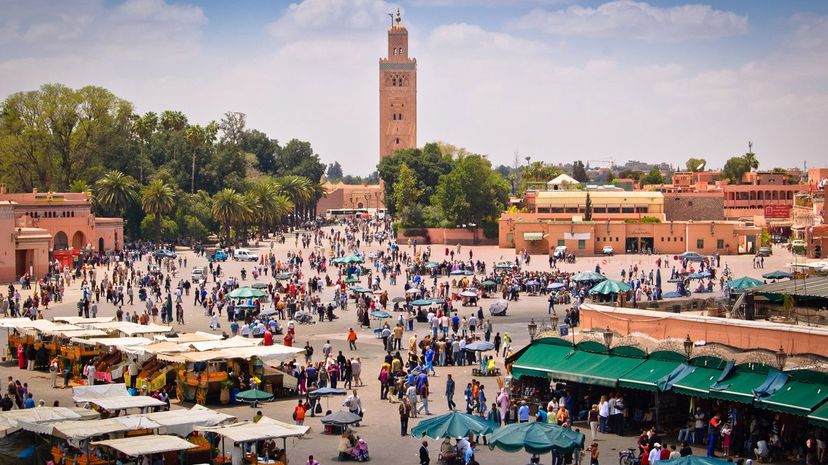
In 1957, the Moroccan Army of Liberation invaded Spanish colonies in northern Africa. By the next year, Spain had relinquished control over this region, known as Ifni, which is part of modern-day Morocco.

Rebel groups took on the Sudanese government beginning in 2003, with hundreds of thousands of citizens slaughtered by the time a 2010 ceasefire was arranged. The War in Darfur was so bad that Sudan's president was indicted on genocide charges in 2009. Ten years later, more than a million Sudanese were still living in refugee camps, according to the BBC.
Advertisement
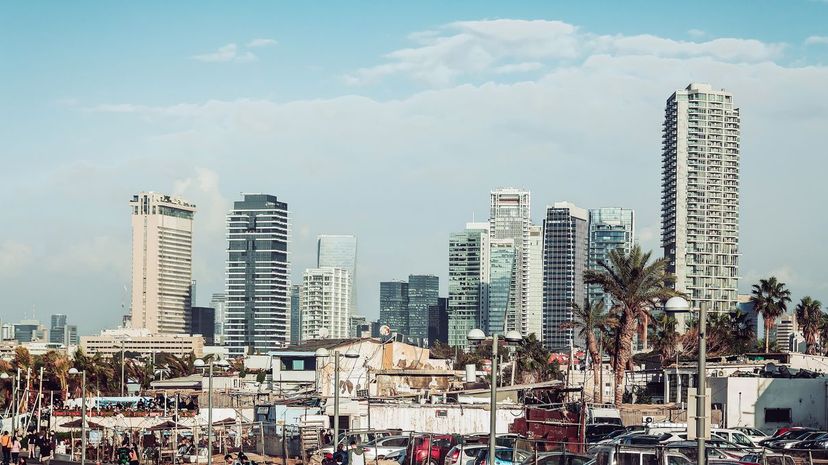
From Oct. 6 through Oct. 25, 1973, Israel fought a war against a group of Arab states, which included Egypt, Jordan, Saudi Arabia, Iraq and others. This battle for control of the Sinai Peninsula and the Suez Canal occurred over major Jewish and Muslim holidays, including Yom Kippur and Ramadan.
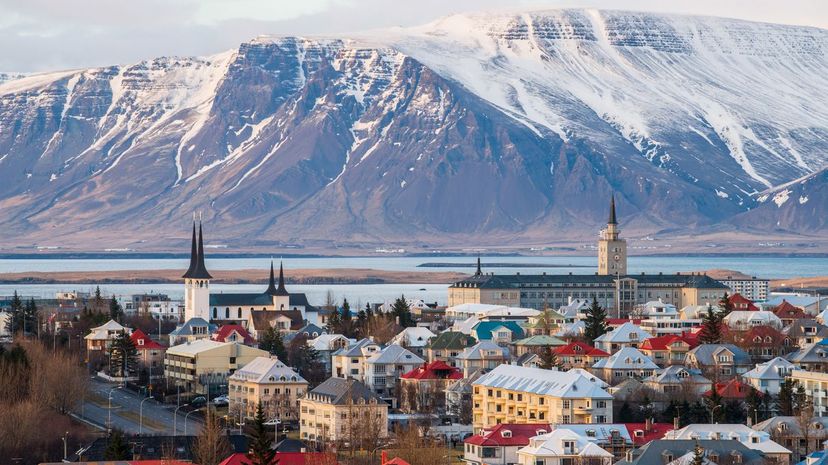
The Cod Wars pitted the UK against Iceland for rights to valuable fishing grounds in the North Atlantic. Taking part in three stages between the 1950s and 1970s, the wars were a decisive victory for Iceland, and severely limited the UK's fishing industry.
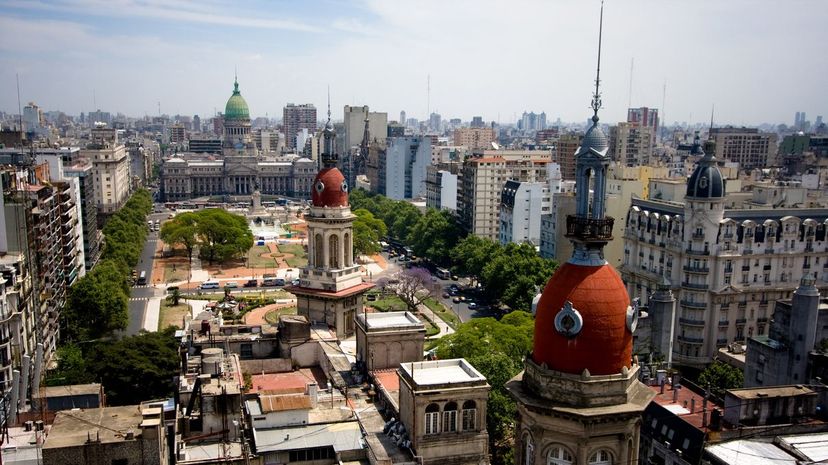
Part of the U.S.-sponsored Operation Condor, Argentina's Dirty War saw more than 30,000 people disappear. These political dissidents and other citizens were tortured and killed, their bodies randomly disposed of. To this day, Argentinians gather at the Plaza de Mayo every Thursday to hold vigil for those lost in the Dirty War.
Advertisement
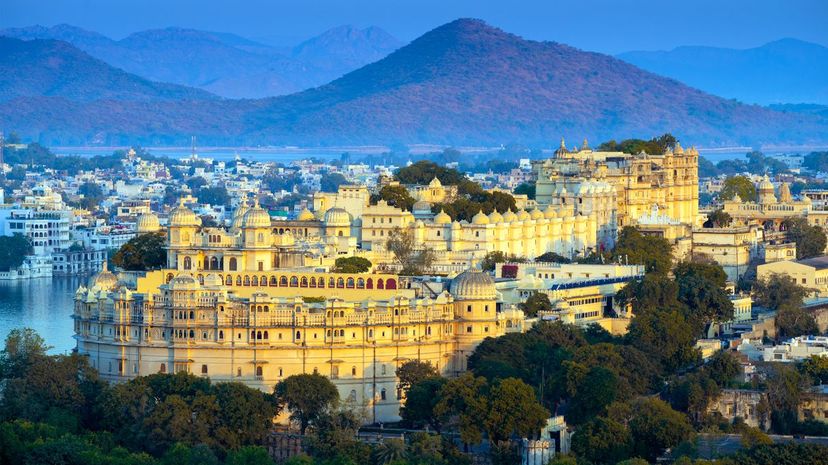
Tensions have been high between India and Pakistan many times over the years, with armed conflict erupting during the Kargil War in the spring of 1999. The result of undercover Pakistani soldiers crossing the border into India, the war ended after just a few months with both sides declaring victory.
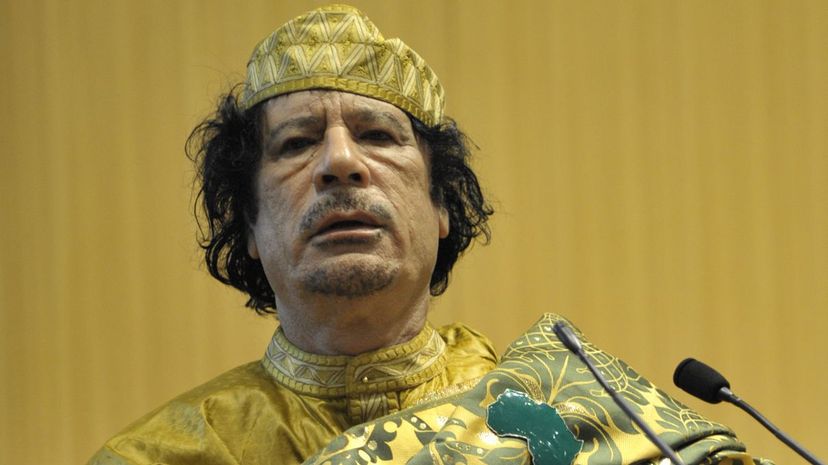
In 1986, Libyan leader Muammar Gaddafi claimed the Gulf of Sidra for Libya, warning that anyone who crossed his line of death would be executed. The U.S. sent troops to the region, resulting in some dogfighting, though the U.S. suffered no casualties in the conflict.
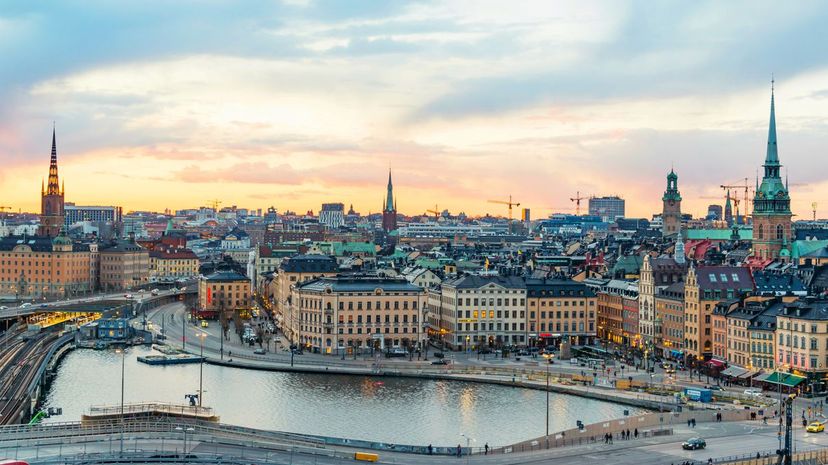
The Swedes were building a massive empire in northern Europe at the start of the 1700s, much to the worry of their neighbors. In 1700, Russia and Poland declared war on Sweden to prevent their empire from growing any further. By the time the Great Northern War ended in 1721, more than 200,000 Swedes had been killed and the country had forfeited huge swaths of land.
Advertisement

Following the Ukrainian Revolution, Russia seized control of Crimea and supplied weapons to separatists fighting in Ukraine's eastern Donbass region beginning in 2014. The War in Donbass continued in April 2019, when Ukraine's Foreign Minister told CNBC that the nation still hoped to retake Crimea at some point.
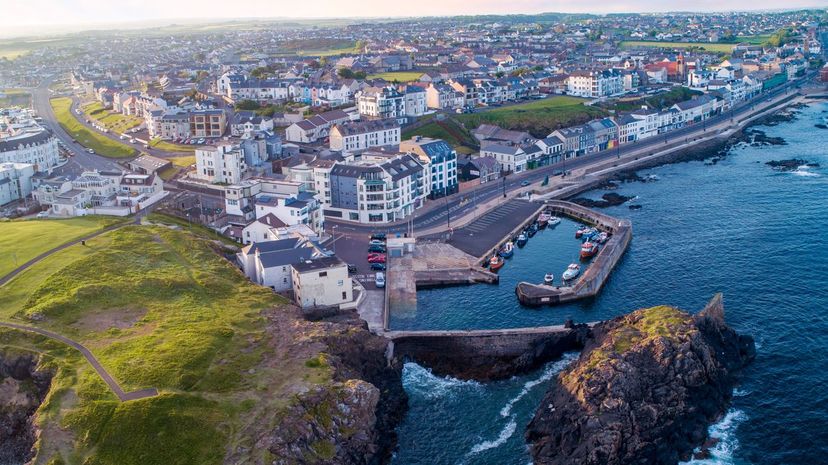
Beginning in 1956, the Irish Republican Army began bombing courts, police stations and other institutions in Northern Ireland. Known as Operation Harvest, the attacks were launched to expel the Brits from the North and create a united Irish Republic. The British defeated the IRA by 1962, putting an end to the deadly attacks.

The beloved tale of Jean Valjean, Cosette, Mauris and Fantine was not a product of the French Revolution. It was actually inspired by the June Rebellion of 1832, during which Republican rebels attempted to overthrow the French monarchy and reduce poverty and inequality. If you've ever seen "Les Mis," you probably know that things didn't really end well for the rebels in the conflict.
Advertisement

In 1866, an Irish Republican group known as the Fenians began attacking British forts across Canada as part of their efforts to establish Ireland as an independent nation, free from British rule. The Fenian raids hit targets from New Brunswick to Manitoba before the Canadian government was able to put an end to the attacks in 1871 - though it wasn't until 1937 that Ireland gained its independence.
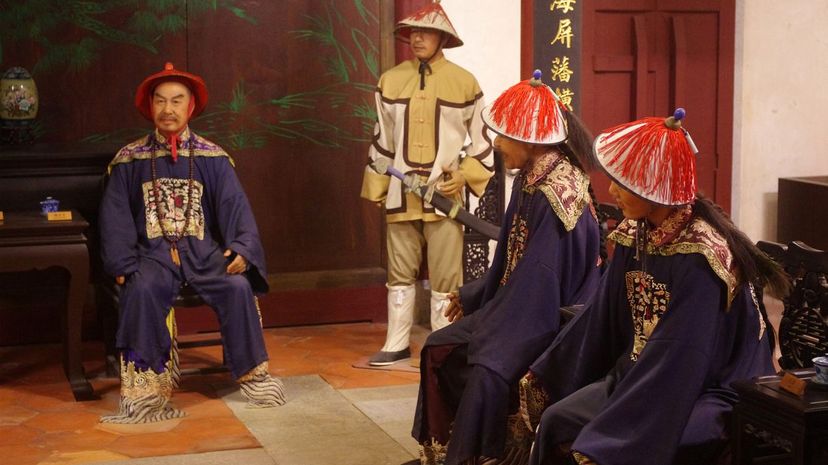
The Brits took on China over the thriving opium trade in what is now known as the First Opium War. The conflict ended in 1842 with the Treaty of Nanking, which gave Britain control over Hong Kong.
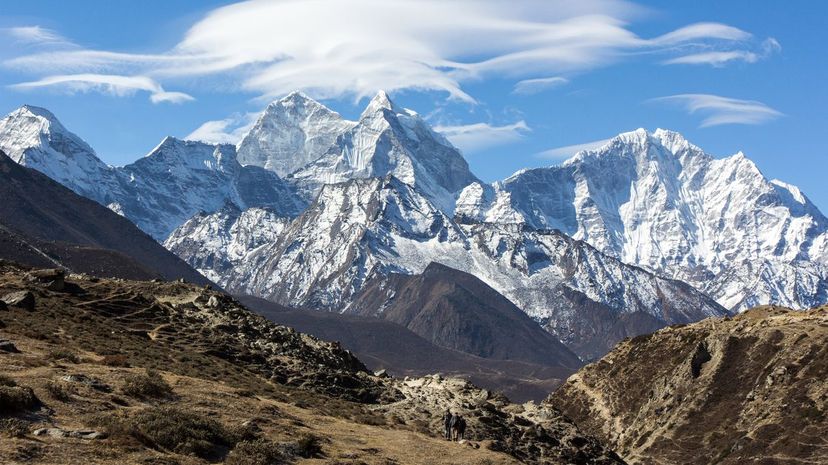
When India won independence from Britain in 1947, the borders for this new nation were hastily drawn, resulting in disputes with Pakistan over control of land around the Himalayas. The Kashmir Conflict has been ongoing ever since, with a seemingly endless series of wars and skirmishes between the two nations.
Advertisement

Between June 5 and 10, 1967, Israel launched an attack against Egypt and its allies that ultimately destroyed 90% of the Egyptian Air Force and killed 20,000 Arabs, according to the History Channel. This Six-Day or June War was a major victory for Israel, which gained control of the Gaza Strip and the West Bank in the conflict.
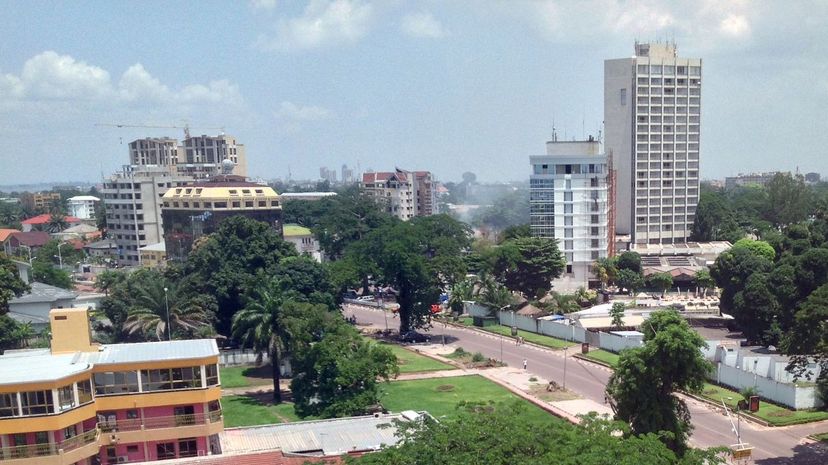
The Democratic Republic of the Congo became embroiled in the Kivu Conflict beginning in 2004. Spurred in part by the Rwandan genocide, the conflict is so severe that the UN formed a special group, the UN Stabilized Mission, to work toward peace in the nation.
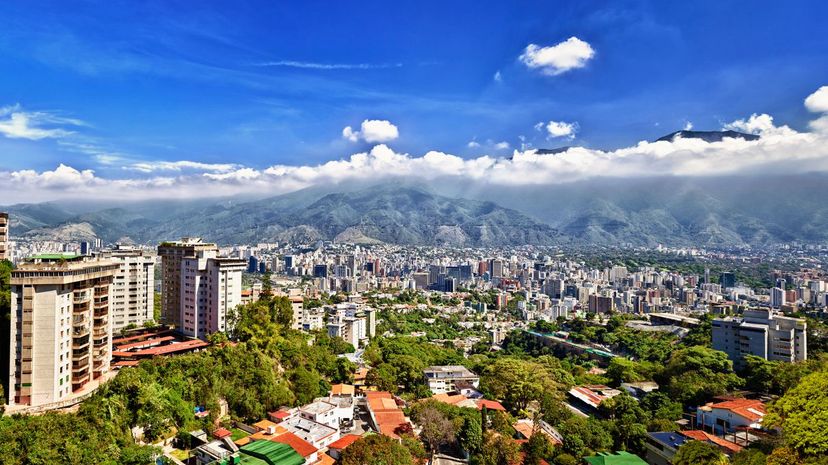
The Federal War in Venezuela was a conflict between the Federalists, who wanted a weaker central government, and the Conservatives, who wanted to maintain a strong central government at the cost of regional autonomy. While a treaty ended the conflict in 1863, the war had a huge death toll, and very little changed within the government as a result of all that fighting.
Advertisement
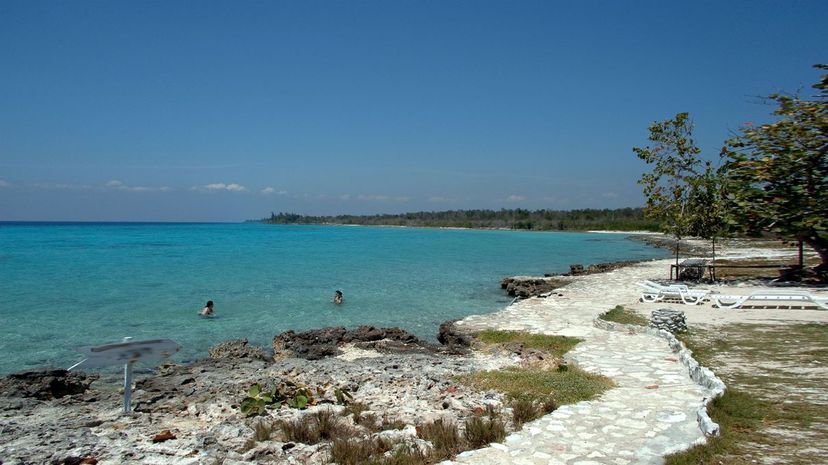
The U.S. CIA trained more than a thousands rebels to invade Cuba and kill Fidel Castro in the Bay of Pigs Invasion. Things didn't quite go as planned, with Cuban forces easily defeating and capturing the rebels, then demanding a $50 million ransom for their release.